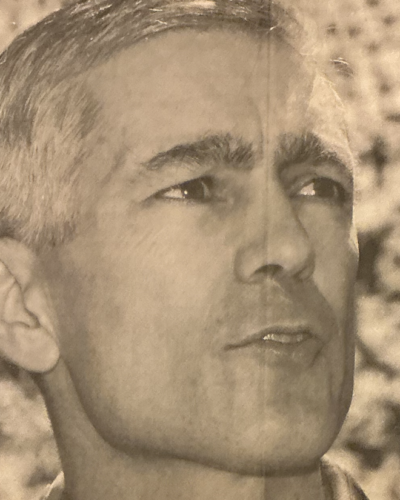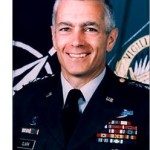Obama keeps distance from tribunal
 A pushback from the military and a skeptical secretary of defense have dashed the hopes of some Obama administration officials for closer cooperation with a global war-crimes tribunal that some fear could prosecute American service members, current and former U.S. officials say.
A pushback from the military and a skeptical secretary of defense have dashed the hopes of some Obama administration officials for closer cooperation with a global war-crimes tribunal that some fear could prosecute American service members, current and former U.S. officials say.
Although the United States has rejoined the meetings of the International Criminal Court (ICC) member states after an eight-year absence, it has taken little new action to work more closely with the court. In fact, many international legal analysts argue that there was a more significant change in U.S. policy toward the ICC from the first to the second term of President George W. Bush than there has been since President Obama took office last year…


